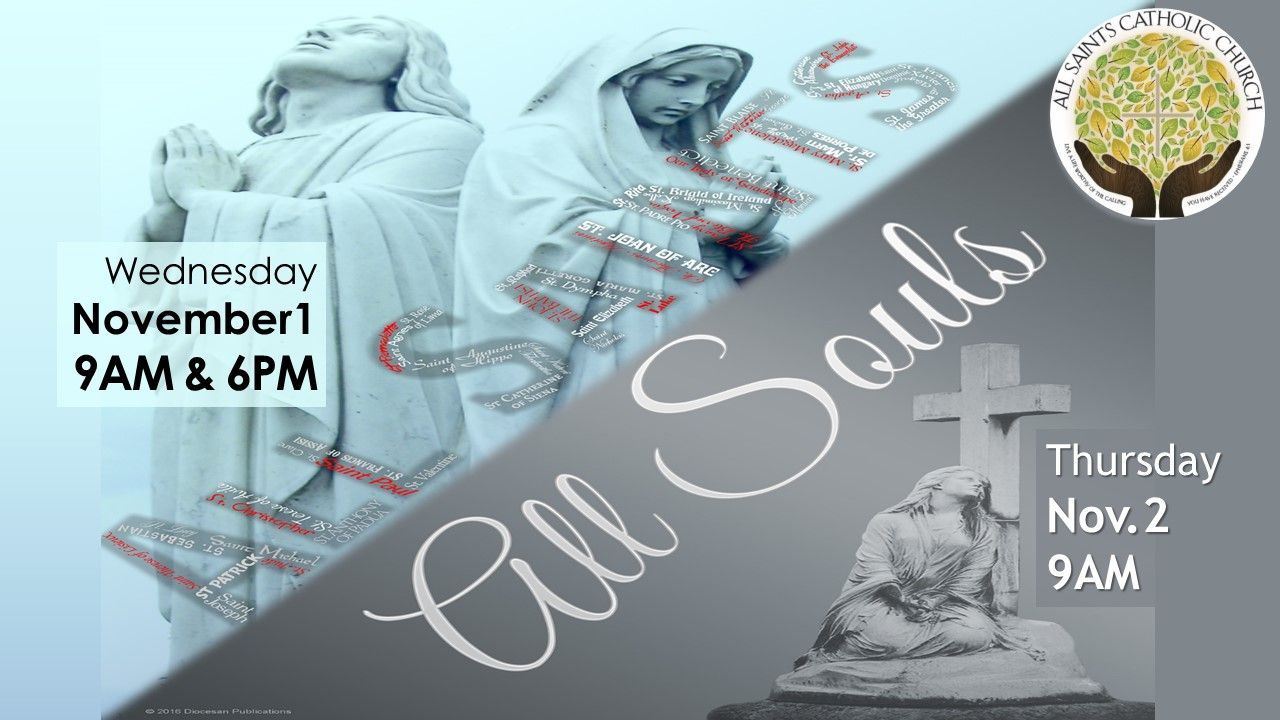Homily, 15th Sunday in Ordinary Time
July 10, 2022 Homily by Msgr. Joseph K. Ntuwa

Readings: Deut. 30:10-14; Col 1:15-20; Luke 10:25-37
Jesus said to him, ‘What is written in the law? How do you read it?’ It seems Jesus wants to know what the scholar thinks before giving his “answer”. The scholar goes on to quote from the Hebrew Scriptures about how we are to love God with everything we have and love our neighbors as ourselves. Correct! That’s the “textbook” answer. The scholar has it exactly right. But Jesus knows the truth of the matter --- that the first part of those verses doesn’t mean much if we fail to embrace and live out the second part, the part about loving our neighbors. The only way to truly love God is to sincerely love the people God loves --- and that means everybody.
And so, Jesus tells a story – what we call the story of The Good Samaritan to illustrate an essential point in what it means to be faithful. He makes the “hero” of the story someone the Jewish people would have disliked. And he does so for a simple reason. Jesus knew that most people of his time had a very narrow view of who their “neighbors” were. They had a narrow and exclusive view of who they had a responsibility to. Helping someone next door was a no-brainer. After all, they were part of your group. But helping someone from a different group, a mistrusted group or a hated group was a different story. And Jesus was saying, “No, it isn’t.”
We all do this sort of thing most of the time. We interpret laws in whatever way benefits ourselves, striving to find “loopholes” so that we can basically continue doing whatever it is we wanted to do all along.
Take the Ten Commandments for instance:
• Honor our fathers and mothers? What if they really drive us crazy or become too burdensome.
• Not steal? Well, probably that only applies to the big stuff.
• Not bear false witness? Well, I need to put the blame on someone other than me.
• Not covet my neighbor’s goods? Well, isn’t that exactly how our system works? We’re all competing to get as much as we can.
Dear friends, we so often, we take the commands of God and try to limit them to the point that we are able to rationalize just about anything and everything we want to do. And when we do that, they simply become words, things we say but never really attempt to live out!
God wants something much different from us; to recognize that truly being faithful is so much more than just doing a few good things or avoiding a few bad things. It’s really about seeing every other person as our neighbor, deserving of our care, our concern, our love, regardless of who they are or what difficulties we might have with them.
Choosing compassion sounds good but harder to execute. There is a classic behavioral psychology experiment in which seminarians are asked to prepare a sermon on the Good Samaritan on short notice. As they rush to deliver their sermons, they pass an injured person. Most do not stop or even slow down. Did they see the suffering and choose to ignore it? Did they see it but understand the higher purpose of their work? Were they too caught up in themselves to see at all? How often do we rush past others in need? How often do we avert our gaze so their dignity doesn't implore us to act?
Social action and responding to the stranger are first and foremost about relationships that push us to give and receive in ways that may be uncomfortable. Relationships are a source of wonder, grace, and joy. They offer transcendent possibilities but also create obligations, responsibilities, and ongoing encumbrances.
The Good Samaritan did not just send for help. He took direct, intimate action. He dressed and treated the stranger's wounds and made arrangements for his ongoing care. He created a connection, a relationship that was not merely transactional or fleeting. It was inconvenient, disruptive, time-consuming, and messy. But those are the kinds of relationships Jesus is inviting us to undertake. ###
Homilies











